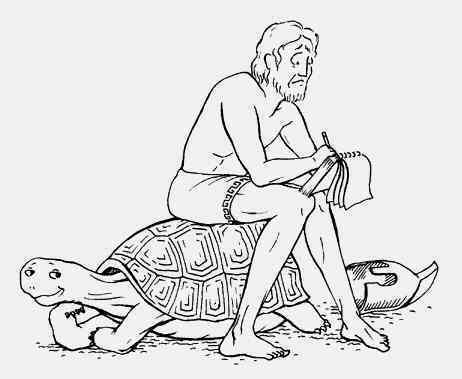We are grateful to Susanna Siegel for blogging this week on her new book The Rationality of Perception (Oxford, 2017). To view all of her posts on a single page, click here.
2. Reference and Justification
In my first post I sketched an argument for a principle connecting aboutness and justification. Here is the sketch version again as a little graphic: The resulting principle, which I call in the book ‘Reference and Justification’, brings out the significance for accounts of aboutness of the fact that justification is …






